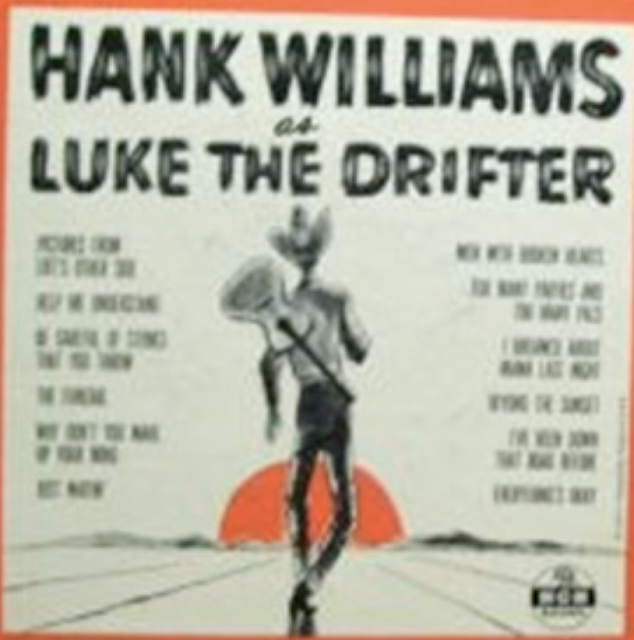This will be my last post of year, my 256th if you're counting--and who isn't counting? As the great sportswriter, Grantland Rice wrote about a century ago,
For when the One Great Scorer comes
To mark against your name,
He writes--not that you won or lost--
But how you played the Game.
How I play the Game is exactly the way I was brought up when I was raised so many years ago in a different America. I was brought up to show up at every game and not stop fighting until darkness descended or everyone else had run home. I scored more points in empty baskets than Dr. J or Michael or LeBron or Wilt, because for me the clock has never stopped ticking.
As Lipton Merriwell Sipps wrote in "The Blackiad," his virtually unknown but nonetheless epic poem about a mythical trout named "Boston Blackie,"
What becomes of Blackie's soul?
His core, his pith, his Karma.
Does anyone know the answer now,
Or should we just run home to Mama?
What becomes of soul and sole,
Of man, of beast, of fish?
And whither goes the china,
When some oaf doth drop a dish?
Oh, send me somewhere north of nowhere,
Where their best is also worst,
Where up is down and down is up,
And what's last is always first.
All that to say, this post, like the writing of Sipps (I wrote my Master's thesis on him and almost got kicked out of Columbia for convincing my advisors to let me) this post, as I said, my last of the year is a reflection on life and death. Of going and on-going and finally going.
As Sipps said to me in one of my many interviews with him as I was writing my exegesis on his work, "Even making a living is dying."
I was 21 when I heard those words and in the intervening 44 years, scarcely a day has gone by when I haven't thought about them.
As dour and soggy as it seems, what I do to make a living is the putting of my entirety into everything I do to try to stop the cold and relentless motion of the unstoppable hands of time. As meaningless as making a living is--as meaningless as making ads for a living is--anything you do, actively do, anything you pursue, anything you put your soul into is a search.
A search for meaning.
Like anyone who lives in a pretty how town, with up so floating many bells down. We live our lives and die our breaths and keep on keeping on.
For 256 posts this year and 365 working days and nights, I filled pages with words and ideas and once-in-a-while got paid for it. I socked my money away, helped my kids and grandson on their way, paid my taxes and when I could tried to help people who can't do the things I can do, or at least they can't right now. So I do them, as best I can.
The living and the dying, the inhale and the exhale, the garbage in, the garbage out.
That's what we do, year in and year out.
We live as we die and we die as we live.
Or as they say in that pretty how town,
"We reap our sowing and went our came,
sun moon stars rain."
W


























